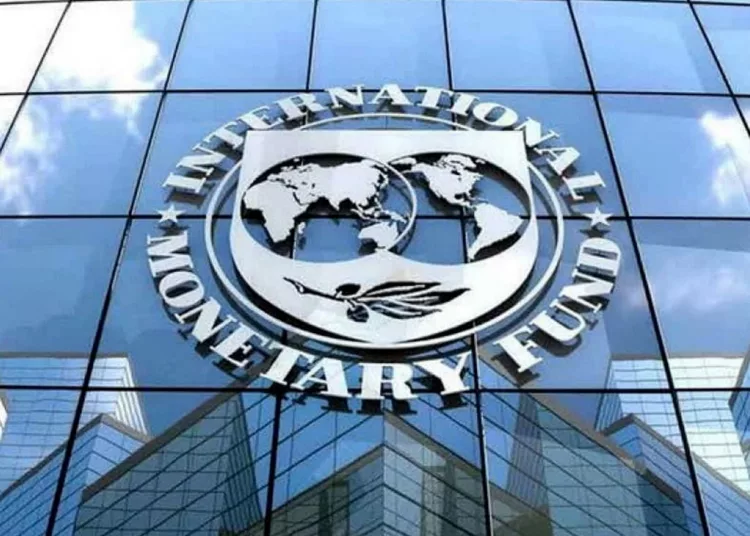The International Monetary Fund (IMF) has developed a transparency code that helps Central Banks to assess and improve their practices.
The IMF’s Central Bank Transparency Code (CBT) is an international code that allows central banks and their stakeholders to map transparency practices of the central bank to international best practices.
According to the IMF, the purpose of the CBT is to enhance transparency and accountability of the central bank and contribute to policy effectiveness. The CBT is not intended as a governance code.
The Code is built on a 5-pillar framework consisting of transparency principles on central bank, governance, policies, operations, outcome of those policies and operations, and official relations with government and other agencies.
The new report by the IMF stated that the principles offer high-level guidance, whereas the practices provide three levels of detailed transparency practices: core, expanded, and comprehensive.
The CBT is relevant to all IMF member countries’ central banks and takes their diverse backgrounds into account, including with respect to the legal framework, governance arrangements, and levels of economic and financial development.
This will help central banks and their stakeholders to determine if central bank transparency in practice is balanced, given the country-specific circumstances.
Kristalina Georgieva, IMF managing director, said strong governance and independence mean central bankers should have control of their budgets and personnel, and not be subject to easy dismissal based on their policy views or actions taken within the legal mandate.
“When central banks and governments each play their roles, we have seen better control of inflation, better outcomes in growth and employment, and lower financial stability risks.
“The IMF is here to help policymakers face these challenges. We strongly support central bank independence, providing tailored technical assistance to members working to improve governance and legal frameworks. We make independence an explicit pillar in some Fund-supported financing programs, agreeing with members on actions to measure and achieve it,” she said.
Georgieva said, “To strengthen this work, we introduced a new way to measure independence based on which aspects of it matter most, according to our recent survey of central banks. And to increase accountability, we have developed a transparency code that helps central banks assess and improve their practices.”
Furthermore, she said, “By working together—central bankers and government leaders, legislatures, and the people—we can preserve and strengthen central banks to win the fight against inflation today and foster economic stability and growth for years to come.”
According to her, Central bankers today face many challenges to their independence. Calls are growing for interest-rate cuts, even if premature, and are likely to intensify as half the world’s population votes this year. Risks of political interference in banks’ decision making and personnel appointments are rising. Governments and central bankers must resist these pressures.
One IMF study, looking at dozens of central banks from 2007 to 2021, shows that those with strong independence scores were more successful in keeping people’s inflation expectations in check, which helps keep inflation low. Independence is critical, and has become more predominant among countries at every income level.





